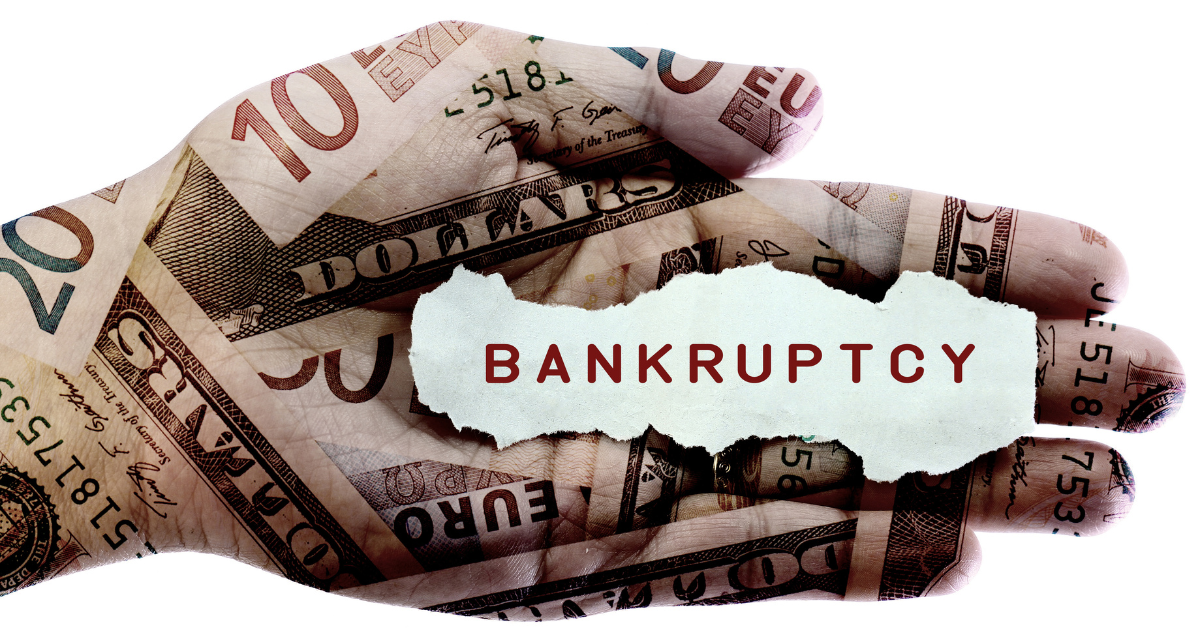With valuable insights from accountants in Sydney specialising in insolvency, we debunk prevalent bankruptcy myths:
- My employer will find out – the Bankruptcy Act does not require you to disclose your bankruptcy to your employer.
- I will lose my job – you can continue to work and are encouraged to work. There is no benefit to quitting your job because you think it means they won’t accept your bankruptcy.
- I will have to pay all my wages to the bankruptcy trustee – employees don’t have to pay contributions to the bankruptcy trustee unless they earn more than certain thresholds (eg. A person with 2 dependant children can earn approx. $1,300 p.wk after tax before any contributions are required). The contributions to your bankruptcy trustee are 50% of the amount exceeding the thresholds.
- My income has already been garnisheed – upon bankruptcy, any legal action, including garnishees, summons, and recovery action by the sheriff will cease.
- I will lose everything – this is not true. Typical household effects, such as furniture, are exempt from bankruptcy. You can also own a vehicle to the value of $7,700 or more if the payout amount of any finance is more than the value and you continue to pay the finance payments.
- Both my spouse and I will become bankrupt – you are not required to file for bankruptcy just because your spouse needs to, but if there are large amounts of joint debts, it may make sense.
- My house will be sold – not always. The bankruptcy trustee will give the co-owner the opportunity to purchase her share of the property for market value in the first instance.
- I won’t be able to buy a house – you will not be able to buy a house while you are bankrupt, but you can purchase assets after you have been discharged.
- A bankrupt can’t get rid of tax debt – the ATO lost its priority for (most) tax debts in 1993. Since then, it has ranked equally with other unsecured creditors, so bankruptcy will clear most debts (excluding HECS/HELP, debts from fraud, child support or maintenance debt).
- I can’t keep my business – a bankrupt can not be a company director for the three-year term of their bankruptcy. However, they can still run a business as a sole trader, employ staff and make profits.
- I can’t travel overseas – permission from the bankruptcy trustee is required, but it is unusual to be denied if you provide details of how the trip is being funded. (Eg employer, family).
- My bankruptcy will be published – it is no longer published in the newspaper. It continues to be included in an online Government index, which can only be accessed by payment.
- If my company is liquidated, I will go bankrupt, too – not necessarily. The personal financial affairs of the director(s) are separate from those of their company. However, sometimes when a director has personally guaranteed their company’s liabilities, it is inevitable.
The above is only a very brief summary of some of the points of bankruptcy. If you are affected by debt, please get in touch with us, as our insolvency accountant colleagues may be able to help you get back on top of your financial situation.
Kreston Stanley Williamson Team
*Correct as of August 2017
*Disclaimer – this article has been produced by Kreston Stanley Williamson as a service to its clients and associates. The information contained in the article is of general comment only and is not intended to be advice on any particular matter. Before acting on any areas in this article, you must seek advice about your circumstances. Liability is limited by a scheme approved under professional standards legislation.














